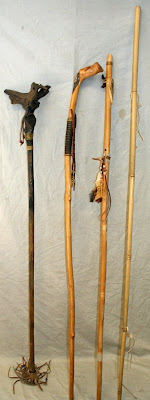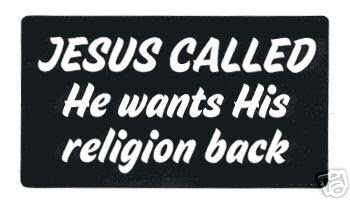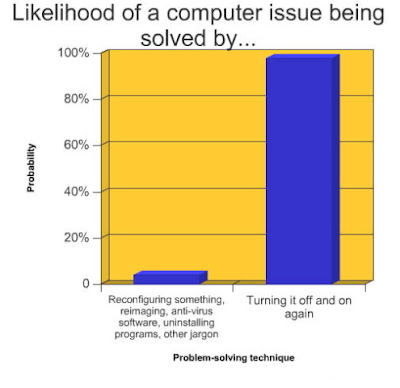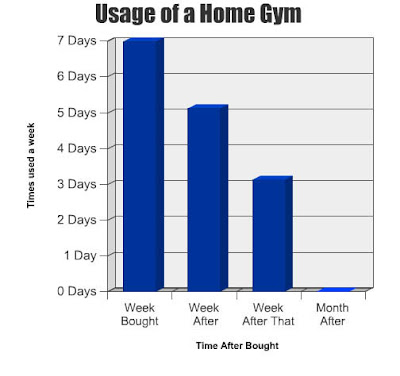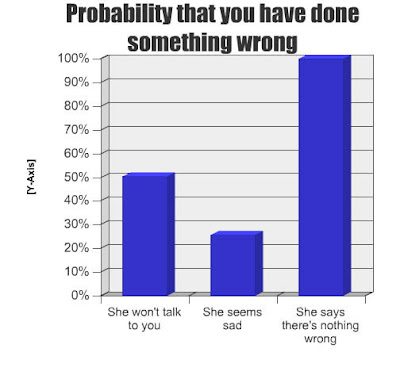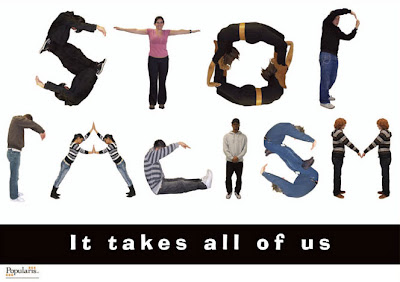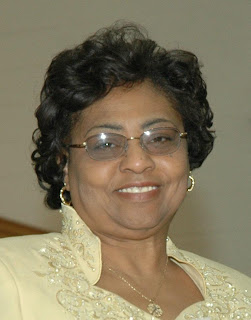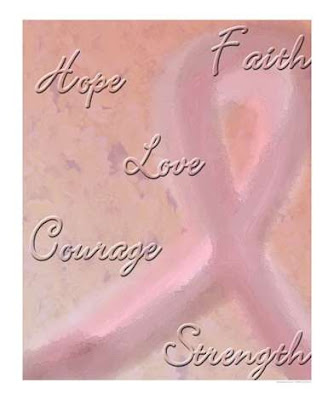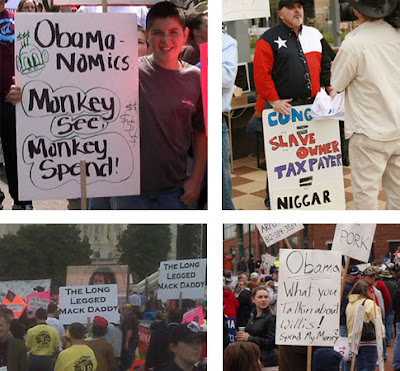Well, mostly.
I especially like that I can stay in touch with our children and grandchildren. I love, love, love it when they post pictures.
I like that I can find friends I haven't been in contact with for years.
I like that I can check in with friends. We send each other important news items, silly songs on YouTube, send each other 'private' messages on our "wall," and can even send "instant messages" and "chat" in "real time."
And, it's all "free".
Well, mostly.
Lately, I've been getting requests to "friend" people I don't know. Okay, that happens a lot. I always check the basic profile, looking especially at their profile picture (if there IS one), and any "mutual friends".
I usually click "accept".
What's been happening a great deal this past month is requests to "friend" people I don't know, who have Very Little information in their profile, no picture and no mutual friends.
I always click "ignore".
That's because once, I didn't, and O.M.G.! I was getting late night "pokes" inviting me to "web cam" or "Skype" with "hot sexy men and women."
Do these people not have lives? I mean, real lives, in real time?
Just this week, I got a request to friend from someone who had a profile picture and 16 mutual friends. He described himself as a pastor from Nigeria "like you," he wrote in the message that accompanied his friend request.
I thought, "Okay, God knows we need all the friends we can get in Nigeria." So, I clicked "accept".
Yesterday, he wrote and asked for my cell phone number and a good time for him to call me. That raised my left eyebrow in suspicion. I told him I didn't give out my cell phone number.
He wrote back this morning saying that he was an ordained pastor in the Apostolic Church in Nigeria, had a degree in Theology, and wanted to know if any of my "organizations" would give him a full scholarship to the US to further his studies.
Having been to his country and others on the continent of Africa, I appreciate his situation. Really. I do. I also appreciate his creativity and innovative approach to advancing himself out of what can often be a desperate situation.
I mean, "that's what friends are for", right?
Well, yeah, but being a "friend" on FaceBook is not exactly - or always - like being a "friend" in "real time" and a "real place," is it?
Besides, none of "my" organizations provide the kind of assistance he needs or wants.
I fear I'm going to have to "unfreind" (or is it "defriend"?) him, eventually. Not because I fear he will ask for money in the future or become aggressive. I worry about who has access to my information through his information.
I mean, y'all have gotten those emails from Nigeria, right? The one from "Mrs. Okiekie" whose husband died and left her $5 million and she needs an "overseas" bank, so if you would be so kind as to send her your social security number, bank routing number and date of birth, she'll give you $1 million for your troubles.
Sigh.
It's not that I don't want to be in communication with a wide circle of diverse people. Neither is it that I'm not an adventurous sort or am seriously risk-averse. I'm a pretty trusting person - Ms. Conroy (who RARELY friends anyone on FaceBook) will tell you that it's one of my strengths and weaknesses.
It's just that, well, I don't trust FaceBook. I like it, but I don't trust it.
I'm amazed - shocked, actually - at how much of my information is readily available on the Internet through FaceBook.
I recently learned that my cell phone number - and the phone numbers of ALL my 'friends' - are just a few mouse clicks away for anyone who wants it. I immediately reset my applications.
By anyone, I mean, anyone I might 'friend' or anyone my 'friends' have 'friended'.
That's how FaceBook makes its money, you see.
What kind of information does FaceBook give the application developer access to? Practically everything. According to the Application Terms of Service,
"Facebook may...provide developers access to...your name, your profile picture, your gender, your birthday, your hometown location...your current location...your political view, your activities, your interests...your relationship status, your dating interests, your relationship interests, your summer plans, your FaceBook user network affiliations, your education history, your work history,...copies of photos in your FaceBook Site photo albums...a list of user IDs mapped to your Facebook friends."Some applications may make use of all this data, but as researchers from the University of Virginia have detailed in a recent report, FaceBook provides applications with access to far more private user information than they need to function.
Adrienne Felt, a student and lead researcher on the project, reports that of the top 150 applications they examined in October 2007, "8.7 percent didn't need any information; 82 percent used public data (name, network, list of friends); and only 9.3 percent needed private information (e.g., birthday).
Since all of the applications are given full access to private data, this means that 90.7 percent of applications are being given more privileges than they need."
Here's the big eye-opener: The applications don't actually run on FaceBook's servers, but on servers owned and operated by the application developers.
Whenever a FaceBook user's profile is displayed, the application servers contact FaceBook, request the user's private data, process it, and send back whatever content will be displayed to the user.
As part of its terms of service, FaceBook makes the developers promise to throw away any data they received from FaceBook after the application content has been sent back for display to the user.
Yeah, that's the ticket. Make them "promise".
The check is in the mail, and I'll still love you in the morning.
The truth is that once the data leaves FaceBook's servers, the company has no way of knowing what happens to it.
Many FaceBook users set their profiles to private, which stops anyone but their friends from seeing their profile details. This is a great privacy feature that can protect users from cyberstalkers and is completely gutted by the application system.
So, as my grandmother used to say, "You can't choose your family, but you can choose your friends."
Here's what I've learned about how to restate things--if you set your profile to private, and one of your friends adds an application, most of your profile information that is visible to your friend is also available to the application developer--even if you yourself have not installed the application.
The good news is that Facebook lets you configure the amount of your own private data that your friend's applications can see.
The bad news is that it's hidden away, requiring several clicks through menus to find a page listing specific privacy settings (Privacy -> Applications -> Other Applications).
Furthermore, the default values are extremely lax, such that a user who has yet to discover the preference page is essentially sharing his/her entire profile by default.
This friend data-sharing "feature," and the ability to protect against it, isn't mentioned anywhere else on FaceBook's site, nor are users informed about it when they install an application.
Which really makes me suspicious. Which takes a lot because I really am a trusting person. Which really makes me angry because I hate to be put in situations where my natural inclination to trust is called into question and examination.
So, this is a shout out to all my friends in cyberspace whom I've never actually met - and, even those I've known for years:
Please don't be offended if I don't respond to your 'pokes'.
Please don't ask me to play "Farmville" or any other FaceBook game.
Please don't be insulted if I don't join your "group" page - no matter how worthy the cause, or accept your birthday/Christmas/vestment/flower/tree gift - or click on "like" to you or your group's cause page.
And please, please, please - reset your applications to the highest privacy setting available (see above for instructions).
Be careful. I'm being careful.
It's a brave new world out there.


